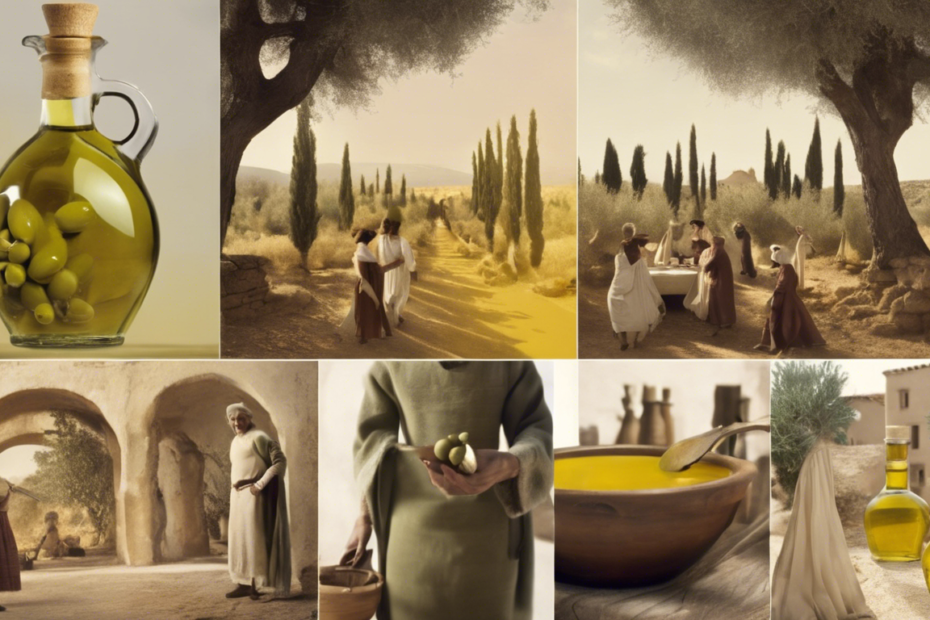Olive oil has been a culinary staple for centuries, but its history runs much deeper than just being a cooking ingredient.
From its ancient origins in the Mediterranean to its cultural significance in various societies, olive oil has played a pivotal role throughout time.
Join us on a journey through the ages as we explore the rich history of olive oil, uncovering its evolution, traditional uses, and the modern production techniques that respect its storied past.
Modern Production Techniques and Their Historical Roots
When diving into the history of olive oil, it’s fascinating to see how modern production techniques have their roots deeply embedded in ancient practices.
Back in the day, producing olive oil was a labor-intensive process, relying on traditional methods that date as far back as 6000 years ago in the Mediterranean region.
Farmers would hand-pick olives and crush them using large stones, all while praying to the olive gods for a bountiful harvest.
Fast forward to today, and while the love for this golden liquid remains unchanged, technology has revolutionized the way we extract and refine olive oil.
Now, state-of-the-art machinery and automated processes ensure that the oil retains more of its natural flavors and nutrients.
So, next time you sprinkle some olive oil on your salad or drizzle it over a warm, crusty bread, take a moment to appreciate the historical journey that brought this ancient staple into our modern kitchens!
Frequently Asked Questions
What are the ancient origins of olive oil?
Olive oil dates back to ancient civilizations, with evidence suggesting its use in Mediterranean regions as early as 6000 BCE.
The first olive trees were cultivated in the Eastern Mediterranean, mainly in areas like Crete and Greece, where it was valued for cooking, rituals, and as a source of light.
How has olive oil been significant in various cultures?
Throughout history, olive oil has had immense cultural significance.
It has been used in religious ceremonies, as a form of currency, and even in ancient beauty routines.
The Greeks, for instance, celebrated it as a symbol of peace and victory, while in Roman times, it became a staple in diet, health, and wellness.
Are modern olive oil production techniques influenced by historical methods?
Yes!
Modern olive oil production techniques have deep roots in historical methods.
While technology has made processes like extraction and filtration more efficient, traditional practices still influence the quality and flavor profiles of the oil, with many producers adhering to ancestral processing methods to maintain authenticity.
How can I distinguish high-quality olive oil from lower-quality options?
To identify high-quality olive oil, look for a few key factors: check for a harvest date, opt for extra virgin olive oil, note the region of origin, and look for dark glass bottles that protect the oil from light.
Tasting notes and certifications can also be good indicators of quality.
What health benefits are associated with olive oil?
Olive oil is renowned for its health benefits, particularly extra virgin olive oil, which is rich in antioxidants and healthy fats.
It has been linked to a reduced risk of heart disease, improved brain health, and anti-inflammatory properties, making it a staple in Mediterranean diets.


